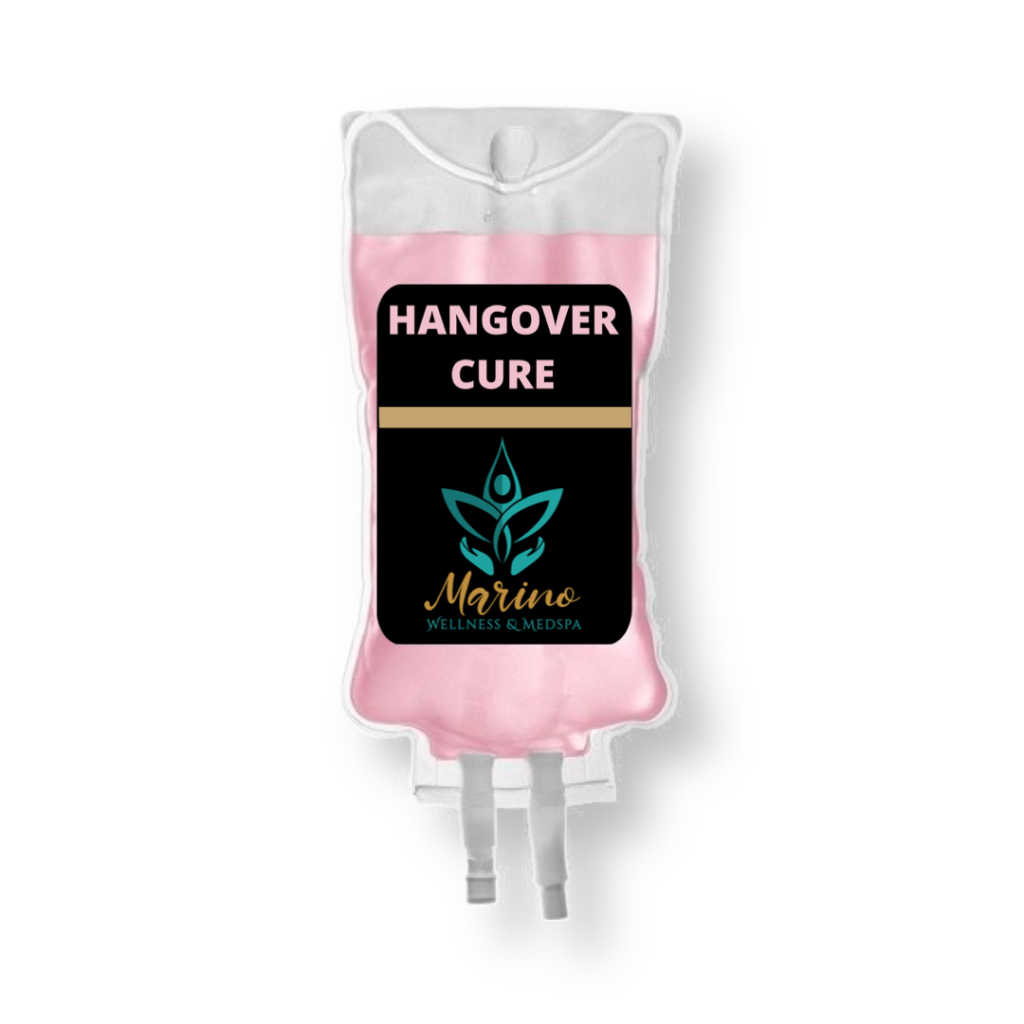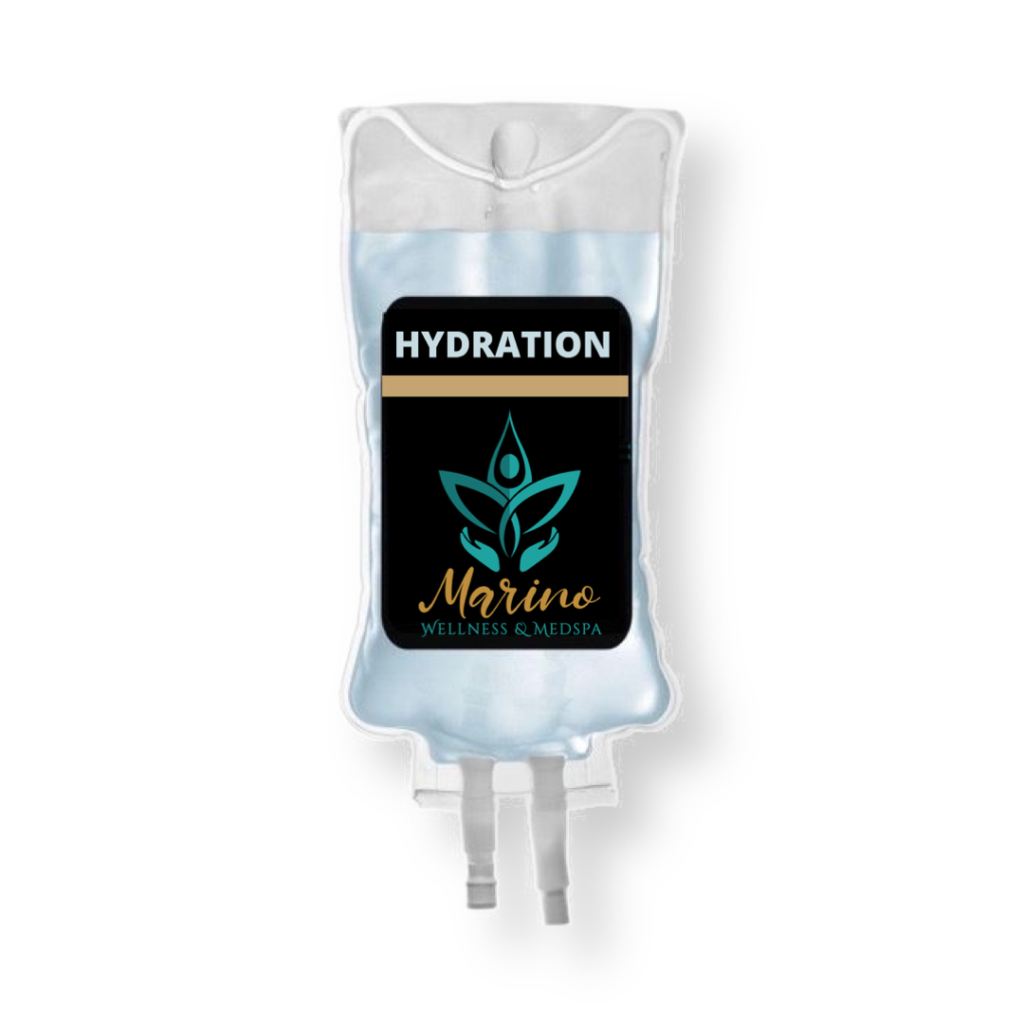Before we dive into the key take-homes of this discussion, let’s understand some important terms. Having a little bit of alcohol is always merriful and sweet. Even though ingesting even a little bit of alcohol doesn’t have to be detrimental, we frequently get lured into it and end up with a hangover. While hangovers are typically blamed on alcohol, it is not the only culprit. The diuretic or dehydrating effects of alcohol also contribute to most of the signs and symptoms.
WHAT IS A HANGOVER?
A hangover can be described as a series of unpleasant symptoms triggered after consuming too much alcohol. Frequent hangovers can result in drowsiness and poor performance at work or worse, but the after-effects can range from low to medium to a fever pitch. There is no set formula for avoiding a hangover that specifies how much to drink to avoid one. However, the higher the amount of alcohol you consume, the more likely you are to get one. However, the higher the amount of alcohol you consume, the more likely you are to get one.

What Causes a Hangover?
The biology behind a hangover has been studied extensively by scientists. Numerous factors contribute to the occurrence of a hangover, including: In an attempt to get rid of the alcohol, the liver breaks down the substance into Acetaldehyde (a byproduct even more toxic to the body than alcohol) at Michigan Head-Pain and Neurological Institute, Ann Arbor, Mich.—founder and director Joel Saper theorizes that hangovers are a metabolic storm. According to a Penn State Hershey Medical Center study, after an individual consumes alcohol, the liver breaks down the substance into Acetaldehyde (a byproduct even more toxic to the body than alcohol), resulting in post-drinking side effects (hangover symptoms).
How to Know You're Hungover
Individuals experience different hangover symptoms and their blood alcohol content usually drops to near-zero or less or significantly cuts down when these symptoms start.The symptoms usually appear the following morning after heavy alcohol consumption the previous evening. If a person has consumed anything and how much, he or she may experience one of the following:In more severe cases or an emergency, one can experience any of the following signs and symptoms: These symptoms often indicate alcohol poisoning, and an IV Infusion Therapy is usually required. If the condition persists or gets worse, seek medical assistance.
What happens to the body when you have a hangover?
Every time we have a hangover, our bodies suffer multiple damages. The human body tries to get rid of the substance once it is introduced, but only 16% of body types can carry out this process successfully and on time. The body views alcohol as very toxic and irritating.

All body types cannot keep up with the pace, and as a result, various problems can arise. First, substances in rapid substances cause your body to build up stomach acids that slow down stomach emptying, allowing harmful substances to stay in your body longer than possible.
As a result, the body begins to experience painful symptoms like abdominal pain, projectile vomiting, nausea, and so on. In 78% of cases, victims experience significant blood sugar loss, which usually leads to shakiness, weakness, fatigue, and even seizures. You will also experience gastrointestinal disorders, including rapid inflammation and digestive issues. In more severe cases, victims may experience spinal fluid complications or even more trivial issues.
Alcohol has a severe impact on the gut’s microbiomes and its supporting bacteria. This impairs the intestine, causing problems. Having a depleted stomach lining can make your stomach continue to release acids, which is self-destructive. Too much alcohol consumption can also deplete the stomach lining rapidly, leaving your stomach defenseless and exposed. Constipation and the continual buildup of acids in your intestines can even lead to ulcers in very severe cases. Besides a hangover, too much alcohol can mean tremors or other serious problems.
HOW TO RECOVER FROM A HANGOVER
The only certain way to avoid a hangover is to abstain from alcohol. However, if you’re already experiencing the signs, here are some helpful ideas to manage the situation. In the event of a hangover, water is the closest respite you can utilize. You should drink a lot of water once you start to feel hangover symptoms. You can fill a large, clean bottle with water and sip small amounts every few minutes. Drink enough and continue to drink at a steady pace throughout the day and into the next. For a mix, you can also consume juice, herbal tea, and sports drink. Eating low-carb foods helps to settle your stomach and keep your blood sugar levels stable. Don’t eat too quickly.
Eat at your own pace—begin slowly. If you feel nauseous, begin with plain foods like toast, bananas, or crackers. Eating will help you gain energy and get you back on your feet. To soothe the discomfort of a hangover-induced stomach cramp, choose an over-the-counter antacid such as Tums, Alka-Seltzer, or Pepto-Bismol. Ginger, which is extracted fresh and grated, is a more natural way to cope with an upset. There is no guarantee that ginger will work as well as an antacid, however, it is a natural, effective alternative.
Boosting your electrolyte levels can help alleviate dizziness, headaches, and other hangover symptoms. In addition, you can use natural and vitamin supplements to address hangover symptoms. Ginger, in particular, is effective at reducing hangover symptoms.
There are at least five excellent hangover treatments. However, IV hangover therapies provide all the vitamins and minerals your body needs to reestablish equilibrium in addition to the benefits listed above. During a hangover, your body loses water, leading to a disturbed vitamin and mineral balance. Injecting different intravenous fluids into your body without you having to eat anything orally is a big benefit. Not only is oral consumption difficult during a hangover because of the nausea effect that accompanies it, but IV therapy also avoids the trouble. Some hangover IV treatments include painkillers, anti-nausea medicine, migraine pills, and other amenities to assist you to overcome the awful effects of a hangover.
How to Avoid Hangovers in the Future
The most efficient approach to preventing a hangover is unquestionably abstinence. However, if you can’t abstain completely, try the following the next time you plan to consume alcohol. Eating brown rice and other carb-rich meals can help to slow down the rate at which your bloodstream absorbs the alcohol, preventing hangover symptoms the following day. Clear-colored drinks tend to have lower congeners, which means they are less likely to lead to severe hangovers. Carbonated drinks can speed up the rate at which your bloodstream absorbs alcohol, contributing to severe hangover symptoms.
When you smoke, your immune system, hydration, etc., are all impacted, and alcohol consumption boosts the impact by a triple. The result is generally a severe hangover the following morning.
You may have a good idea of how much liquid you can consume if you’ve ever gotten drunk before. Try to stay within that amount or even reduce it by half. Whenever you go out drinking, make sure to consume twice as much water as the number of drinks you consume. This can help reduce hangover symptoms.
The above statements illustrate the comparison between the two poems. The first illustrates the power of nature and how it is unstoppable. The second compares the strength of man and the powerlessness of nature.
The daily allowance for men is one alcoholic beverage, and for women, it is two. However, it is preferable to abstain. When a hangover occurs, an IV hangover treatment is more effective. It is important to remember that intravenous fluids contain all of the vitamins your body needs to re-stabilize and that they are delivered through the fluids to get you back on your feet quickly. In situations where abstaining is difficult, you must make sure to include adequate safety measures to prevent hangovers and recover from them quickly.





